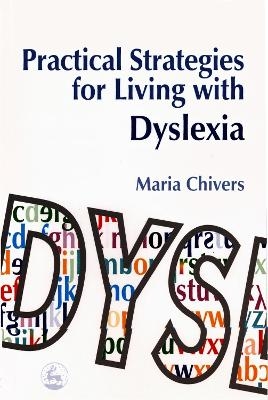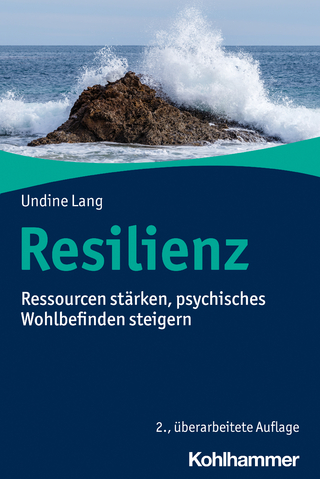
Practical Strategies for Living with Dyslexia
Jessica Kingsley Publishers (Verlag)
978-1-85302-905-9 (ISBN)
- www.family2000.org.uk
'This readable and useful little book has been written by a mother of two dyslexic sons. She writes about the hard road she travelled to find help and support for them. The book covers most of the questions that the parents of a dyslexic child would want answered, but it is just as useful to professionals who have a dyslexic child in their classroom or setting.
The importance of early identification is stressed and the author provides useful information about tests which can be administered to children as young as four years old.
There are informative chapters about the various successful techniques and strategies for working with dyslexic children, ranging from the well-publicised rose-coloured spectacles to the part played by a special diet.'
- Nursery World
Over the years, many quick fix approaches to cure dyslexia have been developed and used. These 'miracle cures' have offered hope to many parents who are left disillusioned by the school system and health service. With no other way to turn, many parents spend more and more money on special glasses, vitamins, exercises and specialist advice, but do they actually work? Written by a parent of two dyslexic sons, who herself searched for anything that would 'cure' them, this new book is a practical guide to dyslexia's many 'miracle cures'.
Practical Strategies for Living with Dyslexia suggests that early identification of this condition may be the key. Dyslexia is often not diagnosed until children have started school, yet testing is now available from the age of four-and-a-half. On top of this many dyslexics also have eye and ear problems that go undetected, which further exacerbates the problem.
Looking at the possible remedies available, such as tinted glasses, nutritional supplements and exercising, and considering the benefits of early identification of dyslexia, this book will be an essential practical resource for both the parents of, and the professionals who work, with people with dyslexia.
Maria Chivers is the Founder of the Swindon Dyslexia Centre. She has written and lectured on dyslexia and has also published A Parent's Guide to Dyslexia and Other Learning Difficulties. She has two sons, both of whom have dyslexia.
Introduction. PART I. 1. What are Dyslexia and Dyscalculia? 2. Identifying Dyslexia. Aston Index Assessment. Cognitive Operating System (Cops). Dyslexic Screening Test (DST). Educational Psychologist Report. LUCID Assessment for Schools (LASS). Phonological Assessment Battery (PhAB). 3. What Causes Dyslexia? 4. Vision. Irlen Syndrome. Intuitive Colorimeter. Cerium Overlays. ChromaGen Lenses. Dunlop Test. Visual Tracking Magnifier. Vision and Learning Difficulties, Keith Holland. 5. Auditory. Science and Technology. Arrow, Colin Lane. 6. Developmental. Brain Gym. BIRD - Exercises in Learning. Neuro-Developmental Delay (NDD), Gail Saye. 7. Chiropractic and Dyslexia, Chris Vickers. 8. Vitamins and Minerals. Fatty Acids and Efalex. Iron Deficiencies. Zinc Deficiencies. 9. Multi-Sensory Teaching Methods. 10. Can Computers Help? Software Packages. Specialist Software. Computers and Examinations. Psychometric Testing. 11. Neuro Linguistic Programming (NLP). 12. Phono-Graphix. 13. The Value of Play. Conclusion. PART II. Help Section. Dyslexia Poem, Mark Chivers. Dyslexia A2Z Website. Book List. Names and Addresses. References. Index.
| Erscheint lt. Verlag | 11.1.2001 |
|---|---|
| Verlagsort | London |
| Sprache | englisch |
| Maße | 138 x 210 mm |
| Gewicht | 140 g |
| Themenwelt | Sachbuch/Ratgeber ► Gesundheit / Leben / Psychologie ► Lebenshilfe / Lebensführung |
| Sachbuch/Ratgeber ► Gesundheit / Leben / Psychologie ► Schwangerschaft / Geburt | |
| Sozialwissenschaften ► Pädagogik ► Sonder-, Heil- und Förderpädagogik | |
| ISBN-10 | 1-85302-905-X / 185302905X |
| ISBN-13 | 978-1-85302-905-9 / 9781853029059 |
| Zustand | Neuware |
| Haben Sie eine Frage zum Produkt? |
aus dem Bereich


